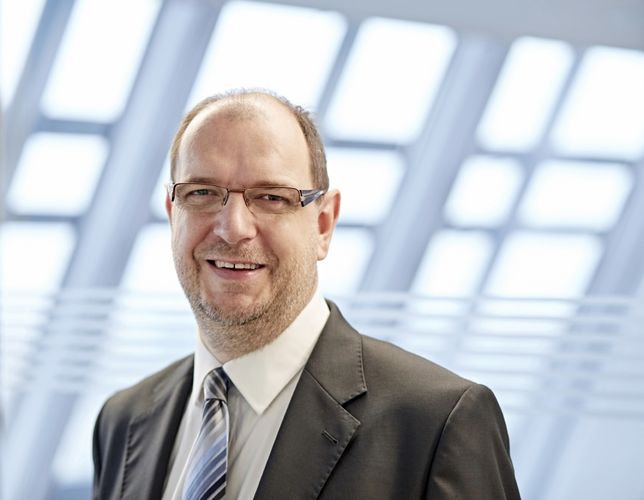Unlike in Italy and the UK, the study found that Germans still trust journalists far more than they do the formal representatives of organisations, such as senior managers or PR and marketing executives. However, younger people in particular increasingly trust what they are told by external supporters such as experts, customers and fans. When activists and other external organisations with their own agenda or normal members of staff talk about a company, people are more likely to trust them than official representatives of that company. This has ramifications for how companies present themselves in public discourse and for communication culture in society as a whole – especially because it is evident that communication executives in the countries surveyed have hitherto had false perceptions of the public’s trust in various actors.
The scientific study was carried out by communication researchers from Leipzig University together with colleagues from Leeds Beckett University and Milan’s IULM University under the pan-European research network EUPRERA. Focusing on two surveys, the study was supported by the communications service provider Cision Insights (London, Frankfurt) and the communications agency Fink & Fuchs (Wiesbaden). On the one hand, a representative population survey was conducted in Germany, Italy and the UK to gauge the extent to which citizens trust the different representatives of an organisation – be it management and professional communicators, ordinary staff or customers, or external experts – compared to journalists who report on an organisation. On the other, the research team conducted a survey in parallel among communication professionals in the same countries to mirror the results with the expectations of communication professionals.
The results of the population survey show that trust in professional communicators is significantly higher in the UK than in Italy and Germany. Contrary to expectations, there are only minor differences between trust in journalists on the one hand and PR and marketing specialists on the other. In Italy, these trust values are in fact virtually identical. In Germany, however, journalists are still viewed more favourably than communication practitioners who work for individual organisations.
The number of sources of information about companies and other organisations, particularly via digital channels, is growing steadily. The result of this is that, in addition to the traditional communicators of an organisation – such as management (e.g. board members, senior executives) and press officers – normal employees and brand ambassadors, activists and experts as well as customers and so-called influencers are increasingly serving as ambassadors for organisations. For the first time, this study has shown for the three countries that the trust placed in external experts is particularly high when they report on an organisation. But external supporters such as customers and fans are also trusted by almost one in five respondents. The researchers were surprised by how poorly the leaders of organisations – often actively profiled in practice – performed across countries and generations.
The research team was also interested in finding out whether public perceptions of PR and marketing work have an influence on trust in the communication profession in general and in individual communication professionals. The majority of respondents knew very little about the roles and responsibilities of PR practitioners. They are thus viewed more critically. This is particularly true in the case of Germany, where people are least familiar with PR experts. By contrast, those responsible for communication themselves assume that the public places a high level of trust in them. This poses great challenges for the communications industry and calls for more light to be shed on what communicators do and how they work.
About the study
The Trust in Communicators study is based on two parts: firstly, a representative omnibus survey was conducted in Germany, Italy and the UK by Kantar TNS in the spring of 2019, examining people’s attitudes towards various communicators and towards public relations work. Secondly, during the same period, the EUPRERA research team interviewed communication professionals in the same countries online to find out their thoughts on how the population trusts various communicators in their countries.
The full study results can be viewed here.































































